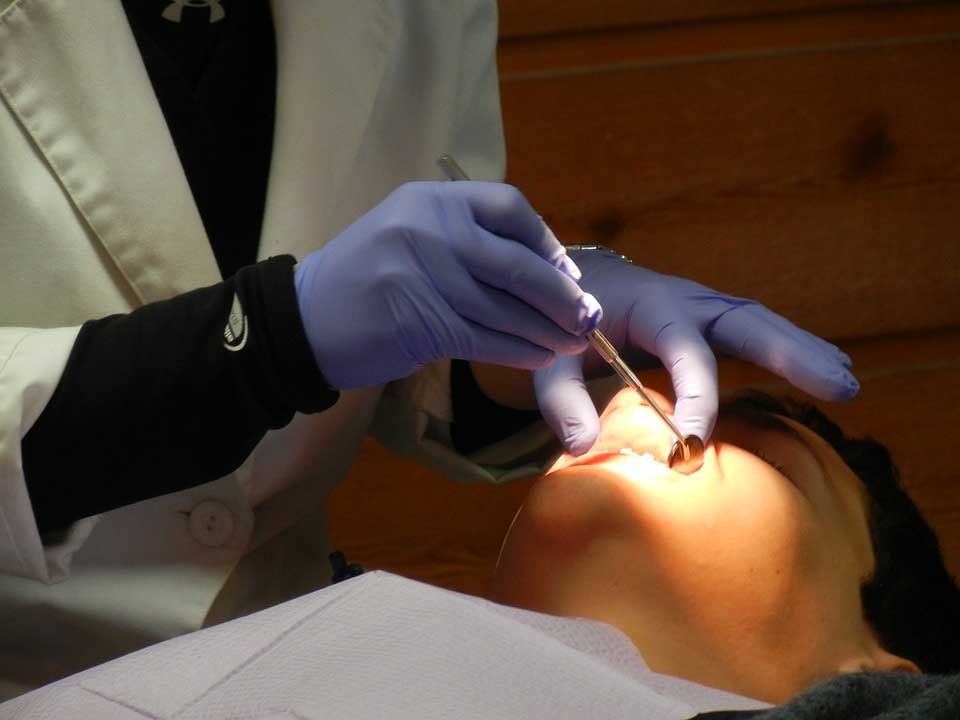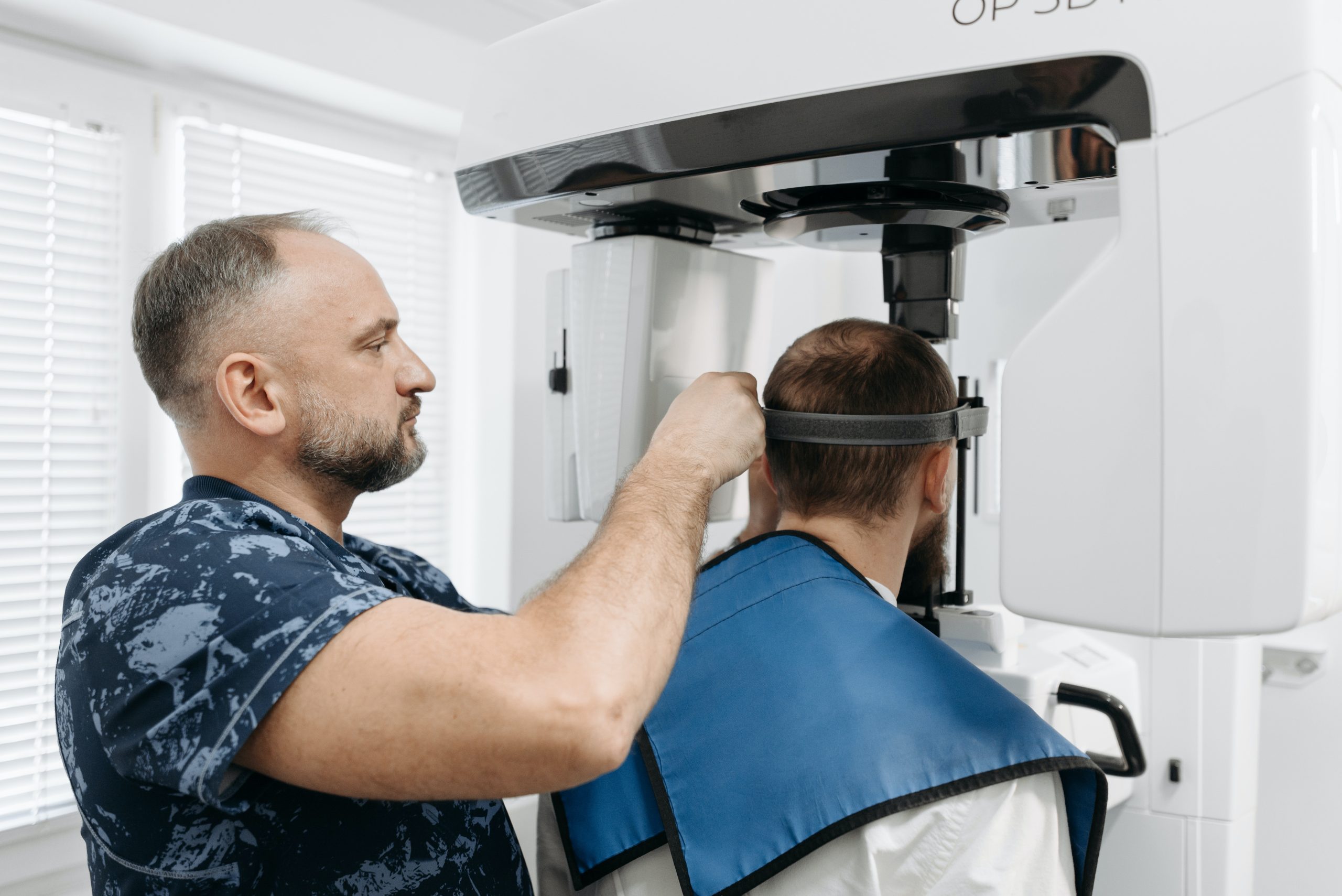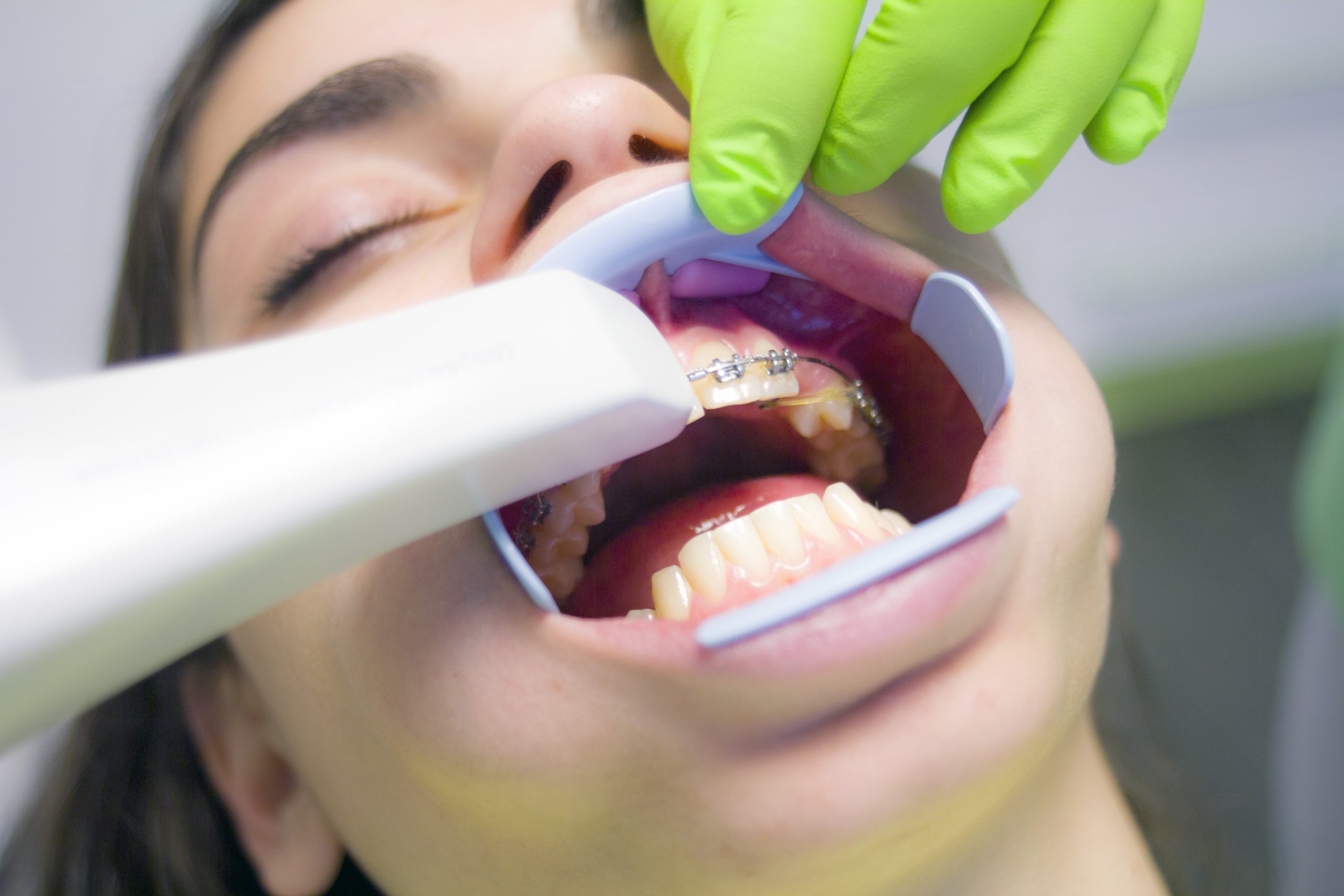Solutions for Missing Teeth: Dental Implants vs. Other Alternatives – Which One is Right for You?
Missing teeth can instigate feelings of self-consciousness and impair oral function. However, several options are available to address this problem and restore a beautiful, functional smile.
This article will delve into popular tooth replacement options and assist you in choosing the best solution based on your unique needs.
How Do I Choose the Best Option for Tooth Replacement?
Here are the major tooth replacement options to consider:
Dental Implants: Permanent Tooth Replacement for a Natural Feel
Dental implants are titanium posts surgically implanted into the jawbone, providing a stable foundation for an artificial tooth (crown). They are a popular choice for permanent tooth replacement as they closely mimic the form and function of natural teeth. They provide a permanent solution, preserve bone structure, and require minimal maintenance. However, they are more expensive than other options and may only be suitable for some. For instance, certain medical conditions can disqualify a person from dental implant candidacy.
Fixed Bridges: A Traditional Restorative Approach
A fixed dental bridge is composed of an artificial tooth, or pontic, secured between two crowns cemented onto the adjacent healthy teeth. This traditional option can last 10-15 years with proper care. Though, it might require the modification of healthy teeth to accommodate the anchoring crowns. A major benefit of fixed bridges is that they are relatively affordable and do not require surgery.
Removable Partial Dentures: A Budget-Friendly Alternative
Unlike complete dentures that replace all of one’s teeth, removable partial dentures only replace a few missing teeth. These appliances have artificial teeth attached to a gum-colored base, often held in place by clasps. Consequently, they are simple to remove and clean. Partial dentures are the least expensive tooth replacement option, but they can be less comfortable and stable than fixed options and may need eventual replacement as the mouth changes shape.
Mini Dental Implants: A Less Invasive Option
If you are ineligible for traditional dental implants, mini dental implants may be an alternative option. These smaller implants are less invasive and do not necessitate as much bone density to remain stable. They are also often faster and cheaper than their traditional counterparts. Mini dental implants can be used in reliable emergency dental care to stabilize dentures or replace missing teeth. Discussing the suitability of these implants with a qualified dental professional is paramount.
All-on-4 Implants: A Hybrid Solution for Extensive Tooth Loss
All-on-4 implants use four strategically placed dental implants to support a full arch of replacement teeth. Two implants are positioned at the front of the jaw, and two angled implants are placed at the back. This approach suits people with significant tooth loss seeking an alternative to traditional dentures. Additionally, All-on-4 implants may require less bone grafting, reducing treatment time and cost.
Emergency Dental Care for Tooth Loss Incidents
Accidents and oral health issues can lead to emergencies that require swift tooth replacement. It is essential to have access to a dental practice that handles urgent cases, like Miller’s Family Dentistry, for reattachment or immediate substitution. Efficient communication with a dental professional will guarantee a comprehensive understanding of your options promptly.
Final Thoughts
Discussing your unique situation with a qualified dentist is vital when contemplating tooth replacement options. They can advise you on the most appropriate and feasible solution. While dental implants are an exceptional long-term solution, they aren’t necessarily suitable for everyone. Other alternatives, such as fixed bridges, removable partial dentures, and mini dental implants, may be more fitting.
Reliable emergency dental care is also important when facing unexpected tooth loss events. When deciding on a tooth replacement method, prioritize your oral health and personal preferences.















